|
HUGE congratulations to current lab member Audrey and lab alums Noel and Hannah!
Audrey and Noel were awarded the very prestigious and highly competitve NSF Graduate Fellowships! These fellowships will provide 3 years of full tuition and a nice stipend for their doctoral programs! Woohoo! Hannah was awarded a Smithsonian Predoctoral Fellowship (and a smaller a PADI Grant) which together will support her and the costs of her fieldwork for the remainder of her PhD at UT Austin. Go Hannah! Congrats to all of you on these well-deserved awards!
0 Comments
Former grad student Alex Marquardt pubbed her first chapter from her thesis today! This paper looked at age, growth, and reproduction for Pismo clams on Pismo Beach, providing the first updates of the life history of this iconic species in more than half a century. Former undergraduates Noel Clark, Ellie Maietta, and Sara Park made substantial contributions in the lab (and through great senior projects). Congrats to the whole team!
Marquardt AM*, NM Clark**, EG Maietta**, SK Park**, BI Ruttenberg. 2022. Reproduction, body condition, age, and growth of a large sandy intertidal bivalve, Tivela stultorum, Mawe 1823. Aquatic Biology 31: 19-30. https://doi.org/10.3354/ab00749 Parrotfishes and surgeonfishes are abundant tropical fish known to play an important role in grazing on algae that can otherwise overgrow corals–but did you also know that many species also actively consume fish feces?
Former master's student Hannah Rempel and former undergraduate Abigail Siebert led a study on 'Feces consumption by nominally herbivorous fishes in the Caribbean: an underappreciated source of nutrients?' published in Coral Reefs today. To our knowledge, this is the first study documenting this behavior by these fishes in the Caribbean region. We found that the majority of parrotfish and surgeonfishes consumed fish feces and that they predominantly target the feces of an abundant planktivore, Chromis multilineata. Our findings also suggest that these fecal pellets are an important nutritional resource that are rich in macronutrients like protein and micronutrients like phosphorus compared to other common dietary items, like a fish "Vitamin Sea"! The Pismo clam project was featured on the front page of the LA Times! Go team!
Congratulations to Madelyn Roycroft (our amazing lab alumna!) who was just hired by California Sea Grant as the Program Analyst for the Science Integration Team. We're so proud of you, Madelyn (we're kvelling!) and can't wait to see what amazing things you'll do at CA Sea Grant! Congrats!!
Erin and Marissa were both awarded highly-competitive CSU COAST Graduate Research Fellowships. Congratulations to them on well-deserved recognition (and funding)!
Ellie presented her poster "Comparing Shell Aging Methodologies to Analyze Growth Rate of the Pismo Clam (Tivela stultorum)" at the 113th annual meeting of the National Shellfisheries Society! She shared her work at two virtual poster sessions during the conference and enjoyed the opportunity to hear about a wide variety of research programs on shellfish!
You can view Ellie's poster here. Hannah recently presented a talk on the 'Impacts of parrotfish predation on an endangered Caribbean coral: Quantifying healing rates & recovery thresholds' at the LGBT+ STEMinar 2021 conference. She was excited to share her work with scientists from such a diverse array of STEM backgrounds and from so many countries. She hopes that conferences like these will help to increase the visibility and voice of queer scientists.
To learn about other platforms that amplify the voice of LGBTQ+ scientists, visit oSTEM (Out in Science, Technology, Engineering, and Math) and 500 Queer Scientists, and check out podcasts such as the Queer STEM History podcast and LGBTQ+ STEM Cast. After 9 months of COVID-19 related research delays, Abby and Hannah began socially distanced lab work yesterday! They are analyzing the nutritional value of fish feces targeted by herbivores & detritivores to better understand the role of coprophagy in nutrient cycling on coral reefs.
An article on Hannah's master's research on 'Recovery of Orbicella annularis corals from parrotfish predation' was featured in this month's edition of the Dutch Caribbean Nature Alliance newsletter, Bionews – available here.
We're excited to share our work with other researchers, managers, and community members in the Caribbean! |
Well, we're a collection of science-minded marine misfits. But we're always up to something... Archives
April 2023
Categories |
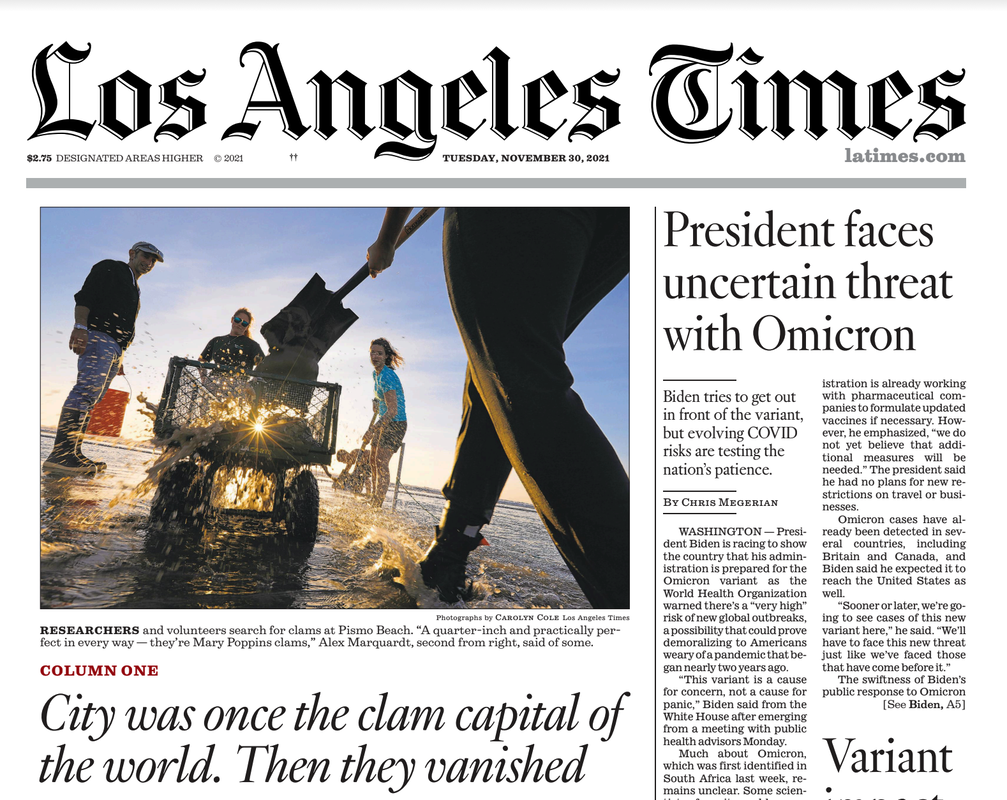
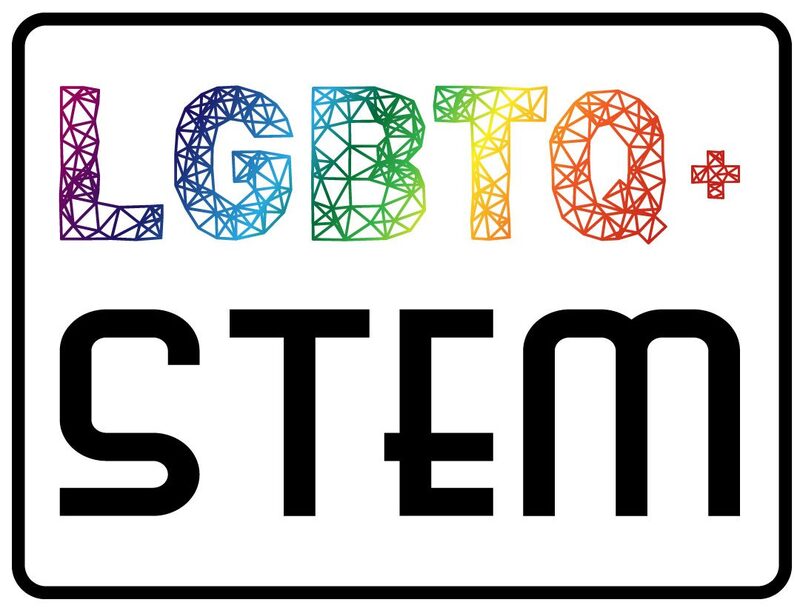
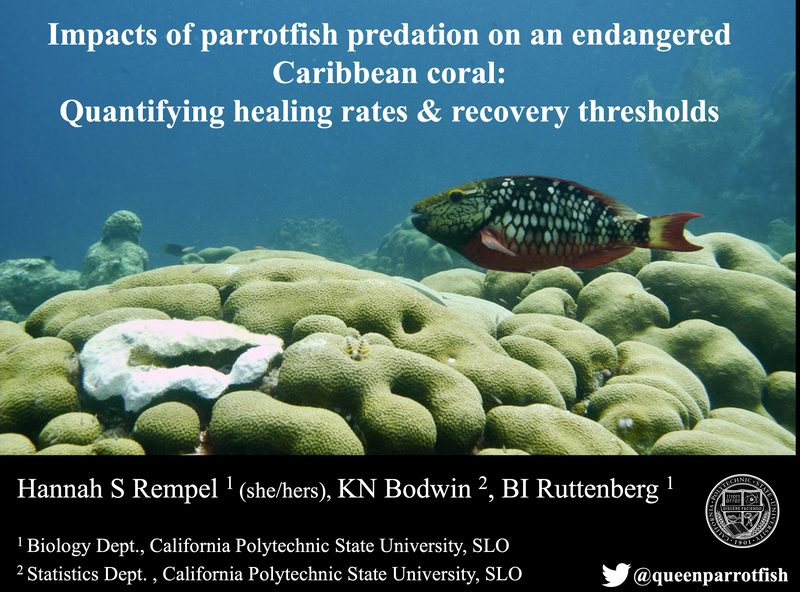
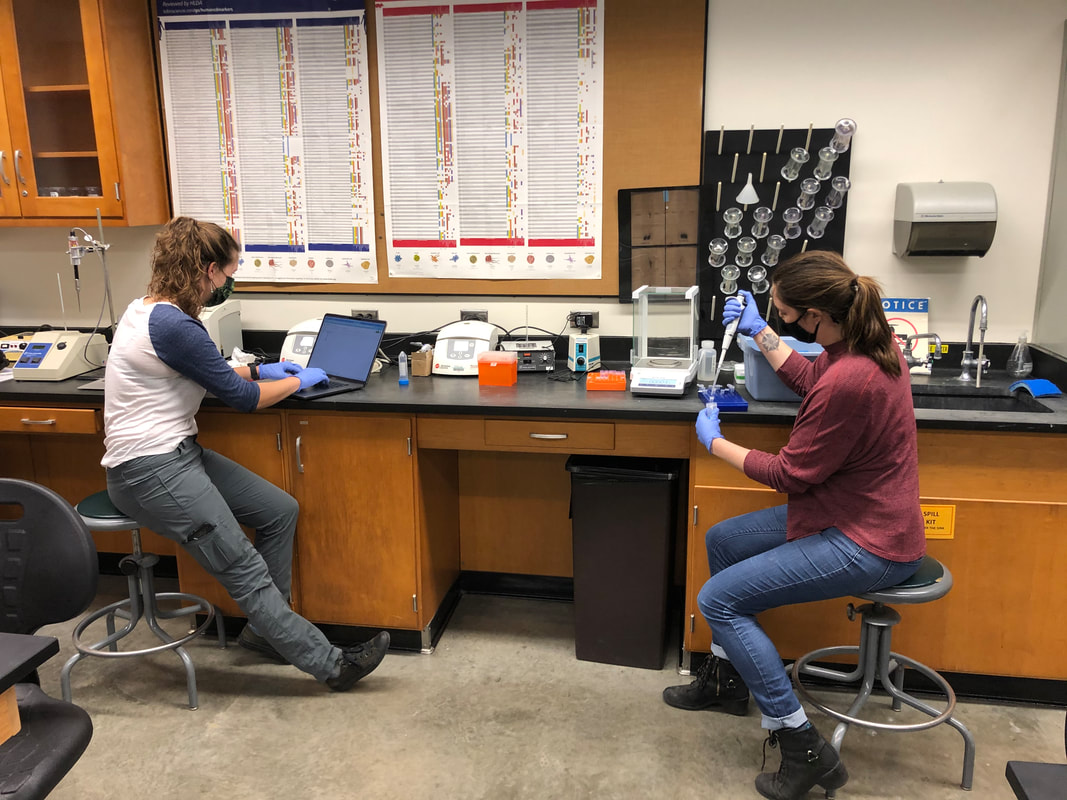
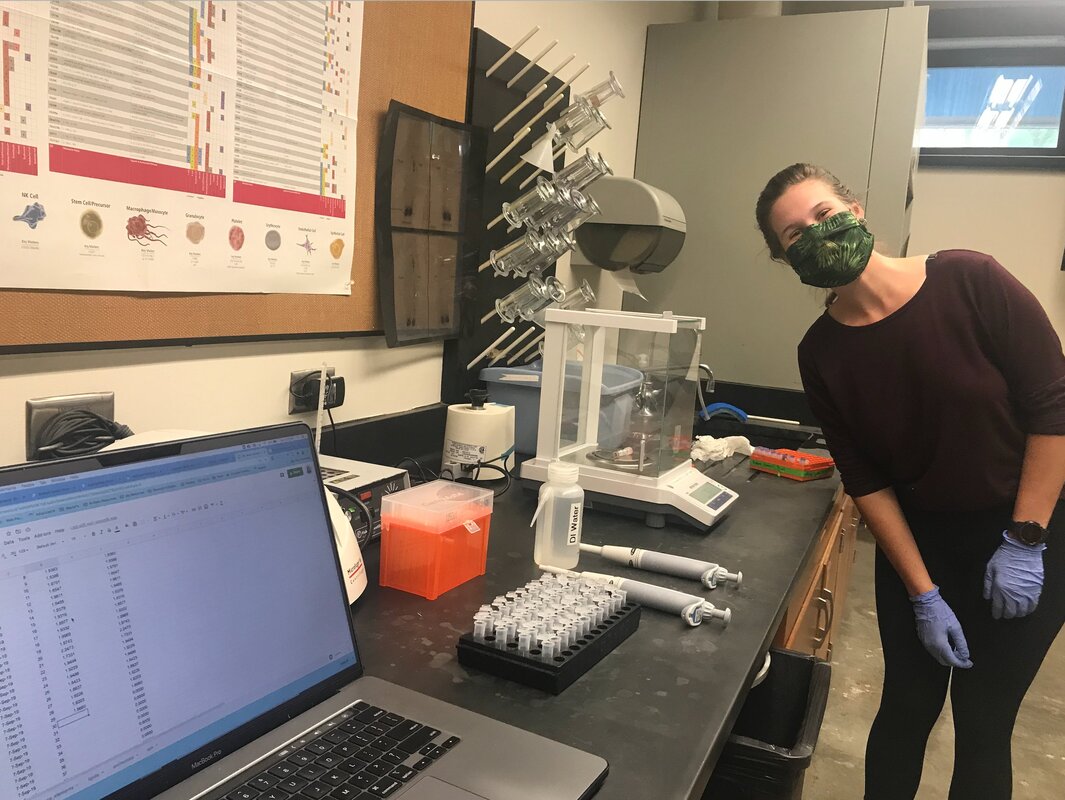
 RSS Feed
RSS Feed